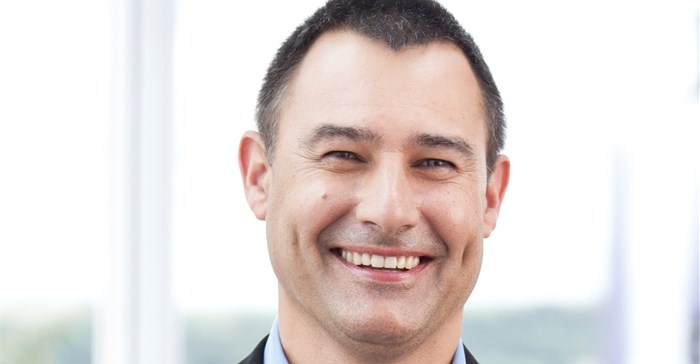The low oil price, competition for revenue growth and local talent, together with new expectations from investors and regulators has created an environment in the oil & gas industry ripe for disruption.

Chris Bredenhann, PwC Africa oil & gas advisory leader
“There are fundamental shifts in companies’ strategies, business models and ways of working,” says Chris Bredenhann, PwC Africa oil & gas advisory leader. “The time is opportune for oil & gas companies to take up and utilise advances in technology as an enabler in meeting some of the challenges faced.”
Instead of playing catch up the rest of the world, we believe that the industry should be ‘learning to leapfrog’ so that they are not only ahead of disruption – they actually cause it,” Bredenhann says.
PwC’s Africa Oil & Gas Review 2017 analyses what has happened in the last 12 months in the oil & gas industry within the major and emerging markets.
Challenges
The main challenges have remained similar to those in previous years with uncertain regulatory frameworks, corruption, and tax requirements remaining in the top six for the past four years. It is notable that financing costs and foreign currency volatility have both become more critical challenges since 2015 when they were ranked 11th and 10th respectively.
“It is disheartening that governments are not catching up to demands and calls from oil & gas companies to ensure regulatory certainty to players who are looking to invest in hydrocarbon plays in various African countries,” Bredenhann comments.
Upstream regulation in South Africa remains uncertain, with the separation of oil & gas from mining still not achieved in the Mineral and Petroleum Resources Development Act (MPRDA). Other key markets in Africa, such as Nigeria and Tanzania, are also experiencing significant regulatory issues.
Corruption has remained among the top three challenges over the last four years, with numerous instances occurring across the continent.
Despite the existence of anti-corruption programmes at government and corporate levels, the effectiveness of such programmes is questionable. In the context of corruption issues, it is not surprising that the costs of finance have risen to third among major challenges for African players. It is likely that the regional issues and uncertainties combined with a constrained wider industry, have led banks and other institutions to be wary of offering favourable financing terms.
The lack of skills development continues to be a problem in Africa, and it is becoming a global challenge in the oil & gas industry overall.
Fit for growth
Companies become fit for growth by doing three things consistently and continuously: they focus on a few differentiating capabilities; they align their cost structure to these capabilities; and they organise their businesses for growth.
According to report, 75% of companies say that they have reviewed their Africa strategy in the last three years, but they also acknowledge that there are issues with incoherence and a problem with executing it in day-to-day business.
PwC’s Fit for Growth approach emphasises that investment in capabilities that enable the organisation to create unique value for customers is key for sustainable growth.
Slow uptake on digital solutions
While some oil & gas companies continue to explore opportunities for cost reduction and improved efficiency, consideration is now being given to how they will stay ahead of the competition.
Given the perception of slow uptake of digital solutions in the oil & gas industry, it is surprising that nearly a quarter of companies stated that they had implemented some form of digital solution, from production and drilling to mobile solutions.
“The oil & gas industry in Africa is riddled with complex challenges and adversity, but with challenge comes opportunity. The opportunity is there for players who are willing to ‘reimagine the possible’ in a future that looks very different to our present.






































